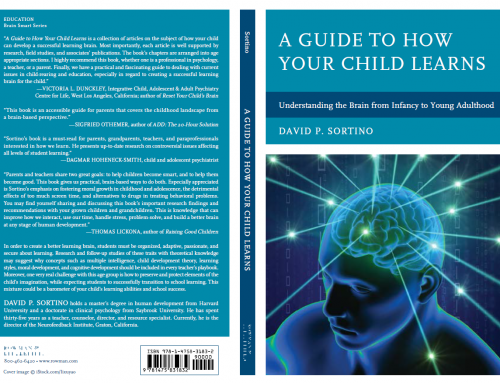A major connection between fantasy and intelligence begins in early childhood or as early as three years of age. For example, during this period, the children’s intelligence is centered on one idea and that is their own well being, getting their needs met. Due to this developmental stage, children can focus passionately on Santa Claus, the Easter bunny or the fairy godmother, regardless of how fantastic the idea really is. And it doesn’t matter if older brother or sister has spilled the beans that Santa Claus is a fake. Again, at this age, fantasy is very real and it won’t be given up until about age seven when their brains are able to entertain more than one idea at a time or Santa Claus is actually daddy or a stand in mom. Bottom line — although they know Santa is not real, they do know that YOU STILL GET PRESENTS so they are smart enough to go with the flow.
Moreover, when fantasy is connected to intelligence, the experience is not only very powerful and passionate, but the experience of fantasy can also become cemented in their brains for the long term. In other words, when individuals carry some childhood fantasy into adulthood, particularly when it can be connected vocationally, they are often very, very successful. For example, at age six, successful talk show host Johnny Carson’s fantasy was to become a magician. He asked and received from his parents a book about how to perform magic tricks. Buried under his fantasy of becoming a magician was a very shy child who would use magic as a scaffold for confidence, allowing him to stand up in front of an audience and perform magic tricks. The end result was one of the most successful late night talk show hosts whose fantasy to perform magic became the ability to perform verbal tricks in front of millions of TV viewers.
Furthermore, between the ages of 7 and 10, fantasy becomes even more important because the child can now entertain two ideas at a time — himself and the skills that allow him to act out his fantasy. This is a critical time when the child‘s fantasy is connected to his intelligence. More importantly, at this age, the window is beginning to close and fantasies often become less passionate as we experience challenges and failures. So why not feed the fantasy while they are still free of all the baggage? During these periods Johnny Carson was not just doing magic tricks for his family, he was now taking his act out into the neighborhood, expanding his fantasy and intelligence for greater things to come.
The third and final stage of fantasy and intelligence, ages 11 and older is more abstract and tells us what came next for Johnny Carson and his magic act. At this stage he had the ability to entertain more than two ideas at a time. Now fantasy and intelligence moves beyond simply skill development to the abstract field of other possibilities. For Carson, it was larger groups but with an additional component — financial remuneration
Carson went to a university, got a degree in communication, worked college radio, and after graduation, moved to host television game shows. He moved up the TV ladder until he got the Tonight Show and metaphorically became a magician in his ability to entertain audiences for many years!
When the young child fantasizes, he is beginning to connect with the pure intelligence of childhood. It is often free of ego and the baggage of failure. Therefore, a word to the wise — when your child expresses a fantasy, particularly about a vocation, listen intensely and then see what magic can come form it. If Carson were alive today, he might echo the same belief.
Dr. David Sortino, a psychologist and current Director of Educational Strategies, a private consulting company catering to teachers, parents, and students. For additional articles you can go to Dr. Sortino’s blog: davidsortino.com or e-mail: davidsortino@comcast.net.


